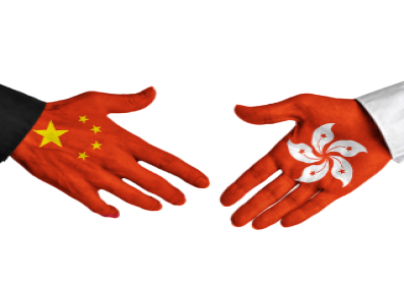China has relaxed rules on how asset managers can utilise their quotas for investing in its domestic capital markets, according to a circular from the state market regulator seen by Reuters.
The changes should accelerate repatriation of offshore yuan funds to China under the Renminbi Qualified Foreign Institutional Investor (RQFII) programme and improve the efficiency of RQFII quota usage.
The programme, launched in 2011, allows financial institutions to use offshore yuan to invest in the mainland's securities markets, including in stocks, bonds and money market instruments.
However, these institutions have to apply for quotas for each of their RQFII products. If a quota is not used up for a product, it either gets wasted in that year or the institution needs to seek approval to use it for other products.
A document from the State Administration of Foreign Exchange (SAFE) that was dated on May 30 and seen by Reuters on Friday made it clear that quotas would no longer be imposed on a specific open-ended mutual fund, but could be transferred among these funds within an institution.
Transfers between open-ended funds and other products or funds still need approvals from SAFE.
Efforts to get comment from SAFE weren't successful.
"The new rule makes it more flexible for us to manage quotas," said a fund manager at a Chinese fund firm in Hong Kong.
The RQFII programme is part of China's move to liberalise its capital markets, improving two-way movement of investment funds and allowing the yuan to trade more freely against other currencies.
Beijing has granted 270 billion yuan ($43.17 billion) in quotas to Hong Kong, 50 billion yuan to Singapore, 80 billion yuan to London and 80 billion yuan to Paris. At the end of May, quotas totalling 238.2 billion yuan had been assigned to fund managers in Hong Kong.


